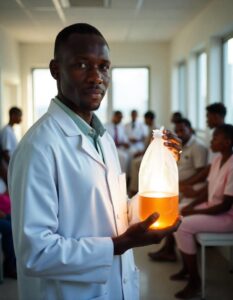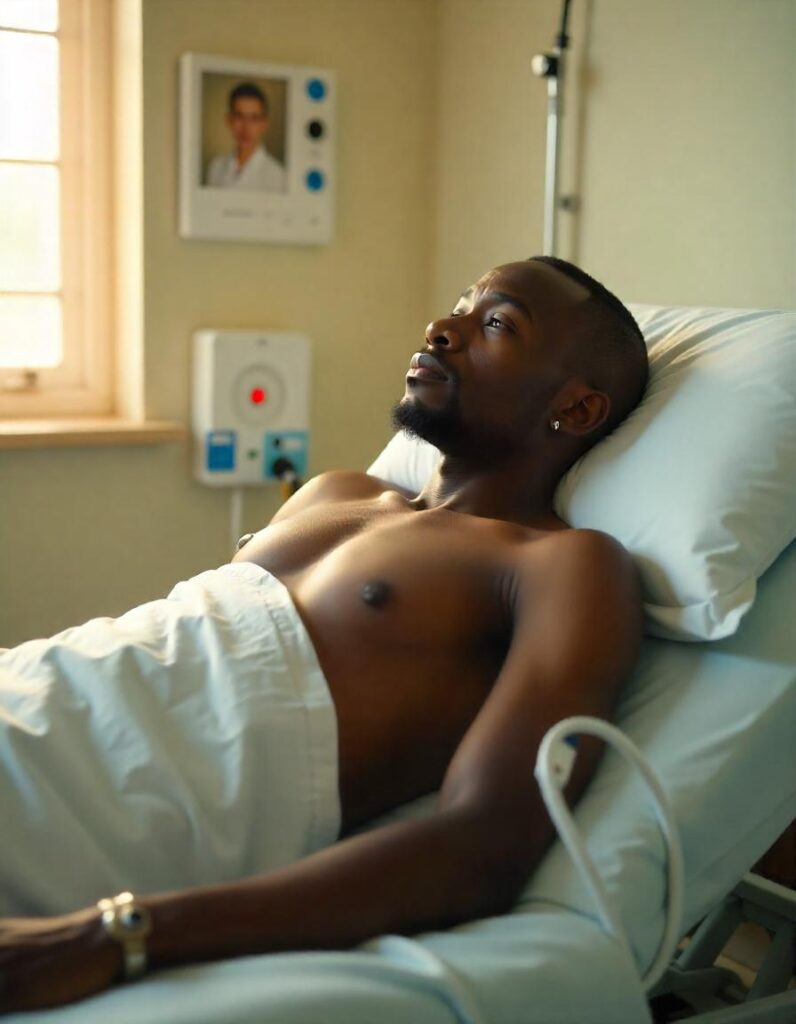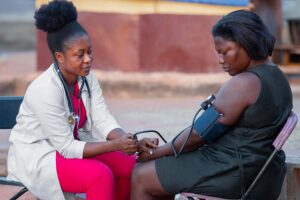In recent years, plasma donation has gained attention as a way to make extra money while helping others. But is selling plasma worth it? The truth might surprise you. While plasma is crucial for treating many health conditions, it’s important to understand the pros and cons before deciding to sell your plasma in Nigeria.
Understanding Plasma Donation and Its Importance
Plasma is the pale-yellow liquid component of blood that contains water, proteins, and essential nutrients. It plays a vital role in keeping the body hydrated and supports various bodily functions. Plasma donation, like blood donation, is a life-saving process where blood plasma is separated from whole blood and collected for medical use.
In Nigeria, there is an increasing demand for plasma at plasma centers to help treat a variety of conditions, including burns, trauma, immune deficiencies, and blood clotting disorders. Donating plasma can provide relief to those in dire need, particularly when hospitals are overwhelmed by medical emergencies.
However, before deciding to sell plasma, it’s important to weigh the potential benefits and risks involved in the process.

Plasma Donation vs. Selling Plasma
While donating plasma at a recognized plasma donation center is a selfless act of giving, selling plasma is a business transaction. Plasma donation centers often provide compensation for your time and effort, but this varies based on the facility.
One of the primary benefits of donating plasma is the opportunity to save lives. As mentioned, plasma is used for critical treatments such as blood transfusions, burns, and clotting disorders. Regular plasma donation can significantly improve the lives of those who rely on these treatments. Additionally, many plasma donors report feeling good about contributing to a meaningful cause.
However, selling plasma raises ethical questions, especially if individuals prioritize financial gain over the potential health risks. Plasma donation can be repeated every 28 days, but selling plasma too frequently can be dangerous and may lead to long-term health issues. It’s crucial to only donate plasma under proper medical supervision, ensuring your blood pressure, hydration levels, and general health remain in good condition.
Blood Donation and the Risks Involved
Blood donation, whether it’s plasma, whole blood, or platelets, carries risks if not managed properly. Dehydration, fatigue, and dizziness are some immediate side effects that donors experience. More importantly, frequent donations may lead to a decrease in essential proteins, such as albumin, which can affect your overall health.
The Rhesus Factor and Blood Group Compatibility
For blood donation to be effective, compatibility between blood types and the Rhesus factor must be considered. The different blood groups— O positive, A negative, AB positive, and others—determine which blood types are compatible with others. The Rhesus factor, also known as Rh factor, is equally important for successful blood transfusions and plasma donations.
Knowing your blood type and genotype is crucial when donating plasma. Plasma centers in Nigeria often request this information to ensure you donate in the most efficient way possible.
Bone Marrow and Stem Cell Donation – More Than Just Plasma
Plasma donation is not the only way to help others in need. Bone marrow donation and stem cell donation are alternative methods that can have a profound impact on saving lives, especially for individuals battling leukemia and other severe blood disorders. While bone marrow donation is a more invasive procedure, stem cell donation offers a promising method for saving lives.
Umbilical cord blood banking and private cord blood banking have also emerged as important ways to store stem cells for future use. Donating or banking umbilical cord blood could be a life-saving act for a newborn or other individuals in need of stem cell therapy.
Why You Should Be Careful When Selling Plasma
Selling blood plasma may seem like a quick way to earn money, but it comes with its own set of concerns. Frequent plasma donation can cause health complications, including lowering your protein levels, dehydration, and iron deficiency. Additionally, some plasma centers may not maintain the highest standards of care, which puts your health at risk.
It’s essential to choose a reputable plasma donation center. Oneus, a trusted plasma center in Nigeria, prioritizes safety, ensuring that all donors are carefully monitored throughout the process. Choosing an authentic plasma center like Oneus ensures that you’re giving plasma safely while contributing to saving lives.
Blood Donation Benefits You May Not Know
While many people focus on the immediate need for plasma and blood, did you know that blood donation can have a positive impact on your health as well? Donating blood, including plasma and platelets, can help reduce the risk of heart disease, lower harmful iron levels, and promote the production of new blood cells.
Additionally, giving plasma has benefits for your skin, as it boosts the hydration and circulation needed for healthy skin. In the long run, regular blood donation can contribute to a healthier, longer life.
The Bottom Line: Should You Sell Plasma?
Selling plasma might be an appealing option for those in need of extra income, but it is essential to take into account both the risks and the rewards. Always prioritize your health and ensure that you are donating plasma at a licensed center that follows ethical practices and medical guidelines.
Before making the decision to sell plasma, consider donating instead. Your generous act can help save lives, and it may offer you health benefits too.
Give Blood, Save a Life – Book Your Donation Now!
Whether you’re donating plasma or considering selling your plasma, make sure to get all the facts first. Oneus is committed to providing safe and ethical plasma donation services in Nigeria. By donating blood and plasma, you not only make money but also help those in dire need of life-saving treatments.
For more information or to book your plasma donation appointment, contact us at info@oneusng.com or call +234 902 168 2822. You can also visit our website at www.oneusng.com.
Give Blood, Save a Life. Your donation can make all the difference.




